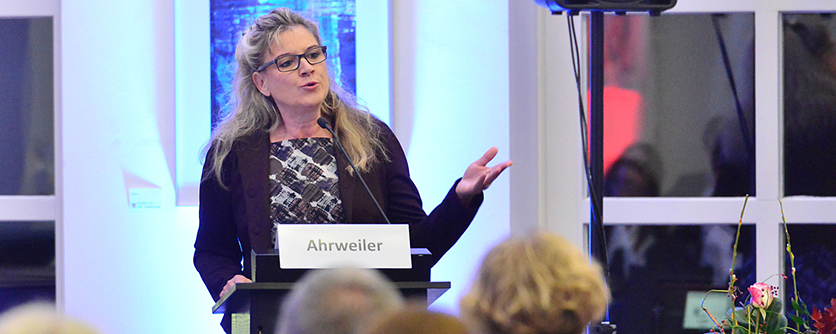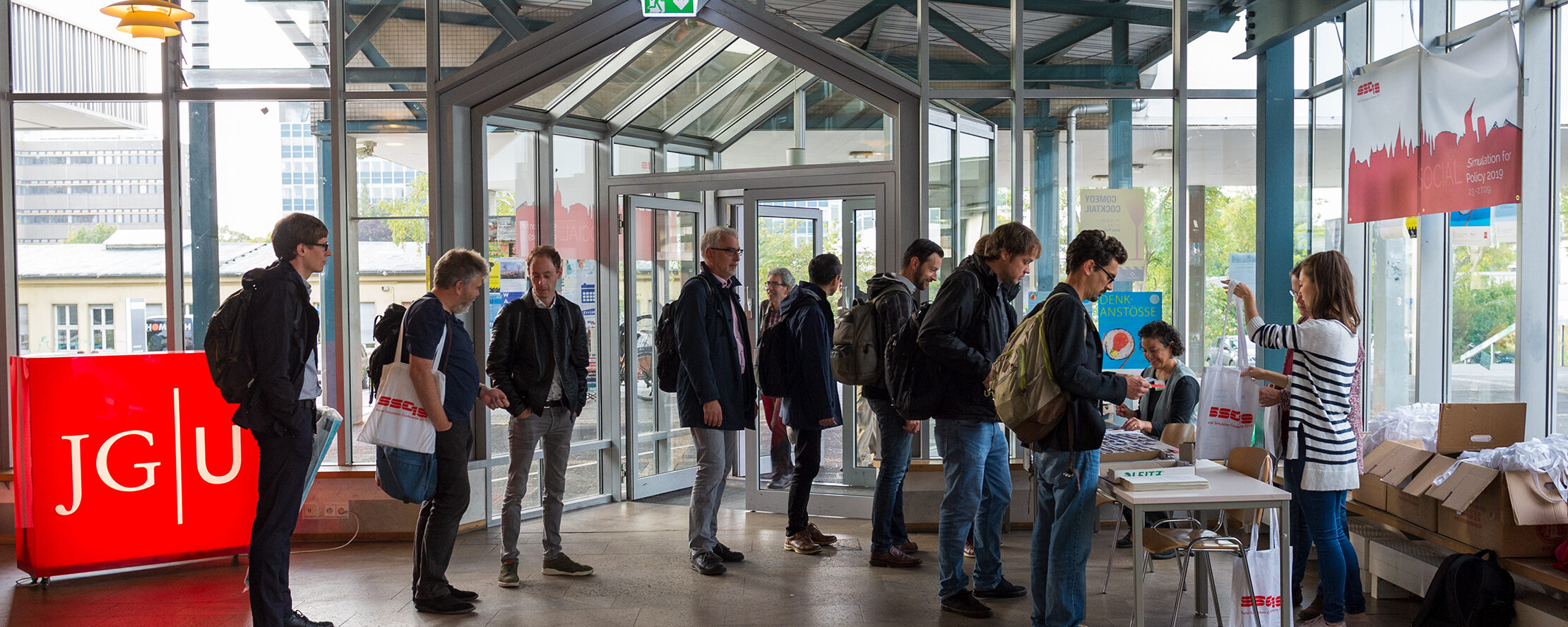 |  |
... to Policy, Industry and SocietyMoreover, the dedicated mission of our unit provides knowledge transfer opportunities targeting innovation policy and innovation management, where societal impact could already be confirmed for various application contexts. Our activities in knowledge transfer aim at,
Our TISSS Lab simulation approach helps to anticipate decision processes in technology ad innovation as scenarios, to implement them artificially for experimentation, to analyse and assess experimental results, and to translate results in plans and interventions for empirical implementation. Our experienced team can rely on a sound track record within a large portfolio of successfully completed projects in policy and organisation advice – be it usual research projects, contract research, tenders, or commercial services. | ... to SciencePublishing in international journals, participating in workshops and conferences, being invited for lectures at other research institutions worldwide, being involved in peer review, serving on boards of the international scientific community – our scientific staff actively contributes to the international visibility of our unit. In detail, the activities of the team can be found on the profile pages under the tab Team. Winning the bid to host and organise the annual conference of the European Social Simulation Association ESSA for 2019, was a special highlight for our knowledge transfer activities |
Three exemplary case studies for scientific policy and organisation advice with a focus on evaluative questions of practitioners
What are the effects of integrating civil society actors in European research and innovation for promoting responsible technology production? | What are the effects of prioritising funding for specific technology fields? | What are the effects of different techtransfer models between science and industry on innovation performance? |
| Simulation study in EU project „Governance of Responsible Innovation“ GREAT | Tender study for the European Commission „Impact Assessment of the 7th Framework Programme (FP7) and Ex-Ante Evaluation of Horizon 2020 in ICT SMART 2010/0025“ | Simulation study in the PRTLI programme of Irish Government „Innovation Policy Simulation for the Smart Economy“ IPSE |
| Lead: Prof. Dr. Petra Ahrweiler Researcher: Dr. Michel Schilperoord Cooperation partners: Prof. Dr. Nigel Gilbert, Prof. Dr. Andreas Pyka | Lead: Prof. Dr. Petra Ahrweiler Researcher: Dr. Michel Schilperoord Cooperation partners: Prof. Dr. Nigel Gilbert, Prof. Dr. Andreas Pyka | Lead: Prof. Dr. Petra Ahrweiler Researcher: Dr. Michel Schilperoord |
| Summary in EuroScientist | Summary in JASSS | Summary in NESTA-Feature |
Furthermore, we conducted various studies for individual client organisations (universities, research organisations, companies) asking what would happen if an organisation changed its prevalent innovation strategy (e.g. allowing for more Open Innovation).
Though some of these studies also led to scientific publications, e.g. about assessing different cooperation strategies for innovation performance, results mainly served to inform the sponsor.
